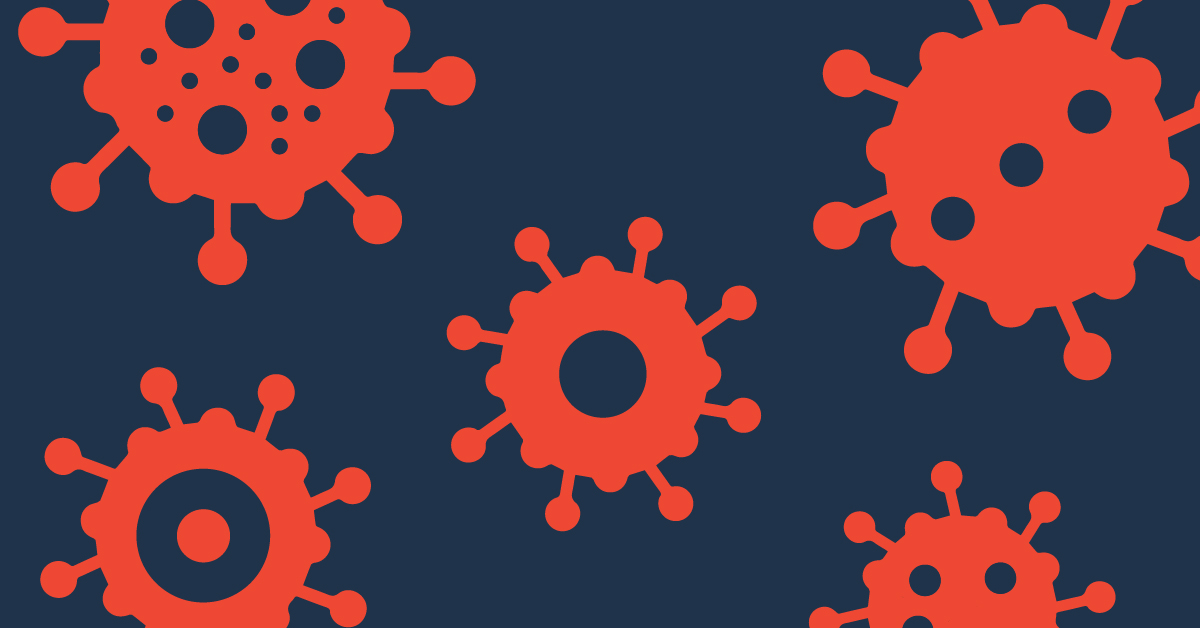Nearly one in five U.S. adults (or 46.6 million) and nearly half of adolescents (ages 13 to 18) are living with mental illnesses, according to the National Institute for Mental Health. Representing a wide range of conditions, these diseases include depression, bipolar disorder, schizophrenia, substance use disorder, anxiety disorders, eating disorders, obsessive compulsive disorder and post-traumatic stress disorder as well as others.
Mental illnesses take a heavy human and economic toll in the U.S. The resulting lost wages, health care expenditures and disability benefits cost society more than $317 billion annually in the U.S.
Now, more than ever, scientists understand that the appropriate treatment of mental illness, once they are first recognized, can change the trajectory of an individual’s life for the better. These high stakes push biopharmaceutical researchers to expand their knowledge of the underlying diseases that lead to mental illnesses and bring about a new era in treatment.
These efforts have led to progress over the last decade in pushing the boundaries of science further. Today there are 138 medicines in development that could offer help to the millions of Americans suffering from some type of mental illness. These potential treatments include:
- 40 medicines in development for depression, including major depressive disorder which affects 7.1% of adults and 13.3% of adolescents aged 12 to 17 in the U.S. Approximately one-third of adults with major depression have treatment resistant depression where available treatment provides little to no relief, representing a significant unmet need. Among the 40 potential medicines in development to treat depression, an oral fixed-dose combination of two therapeutics—which target distinct receptors in the central nervous system—is in development for the treatment of treatment-resistant major depressive disorder.
- 38 medicines in development for schizophrenia, a chronic and severe mental disorder that affects how a person thinks, feels and behaves and affects less than 1% of U.S. adults.
- 27 medicines in development for substance use disorders, which are often complicated by the fact that many people with these disorders also can struggle with other mental illnesses. In fact, 8.5 million adults in the U.S. have both a substance use disorder and a mental illness. The presence of co-occurring mental illness and substance use disorders can increase symptom severity, complicate treatment and create medication adherence challenges.
- 18 medicines in development for anxiety disorders, which affect nearly a third of adults and adolescents in the U.S. at some point during their life and include generalized anxiety disorder, panic disorder, phobia-related disorders (e.g., the fear of flying, heights or needles), social anxiety disorder and separation anxiety disorder. Among the potential treatments for these conditions, a neuroactive nasal spray developed from compounds called pherins is being studied as a treatment for social anxiety disorder.

